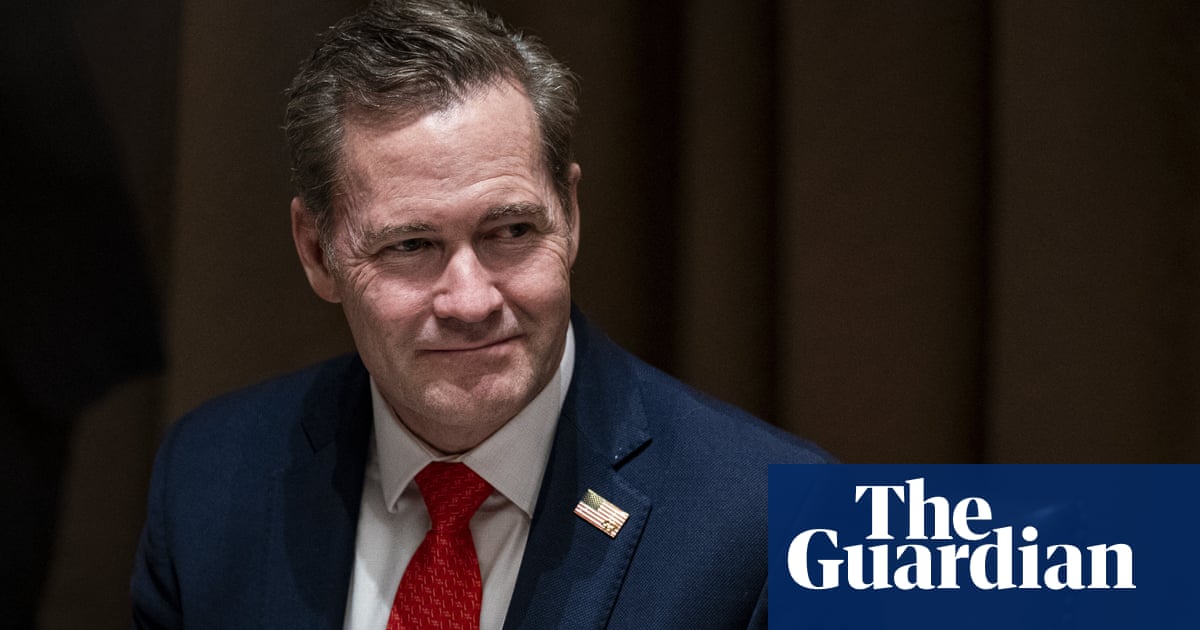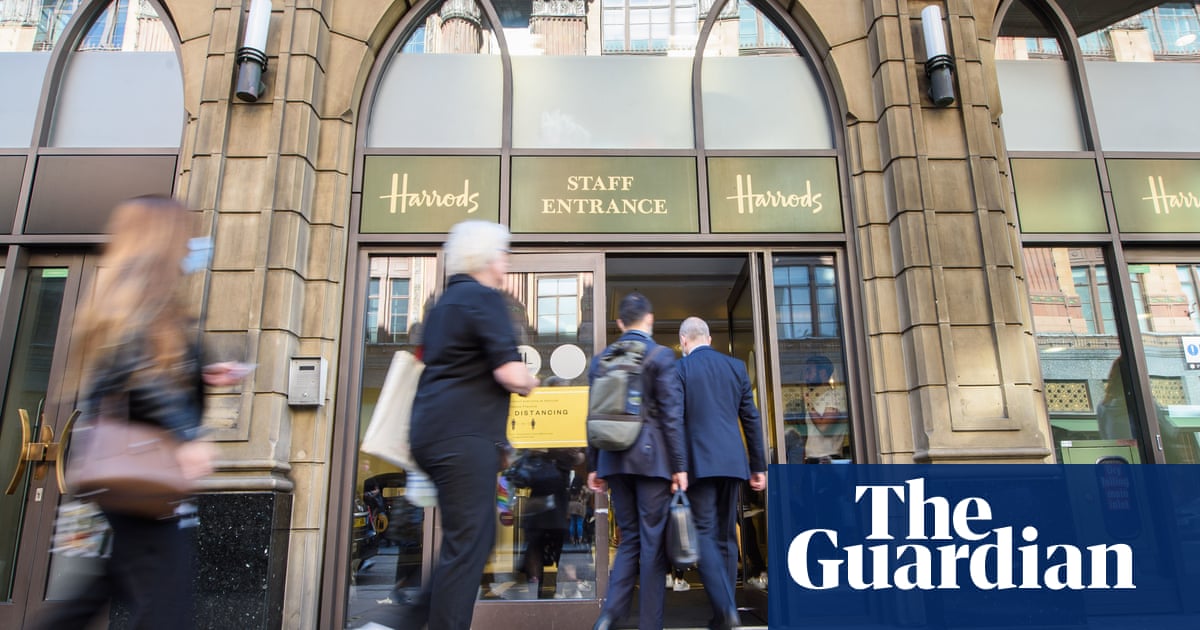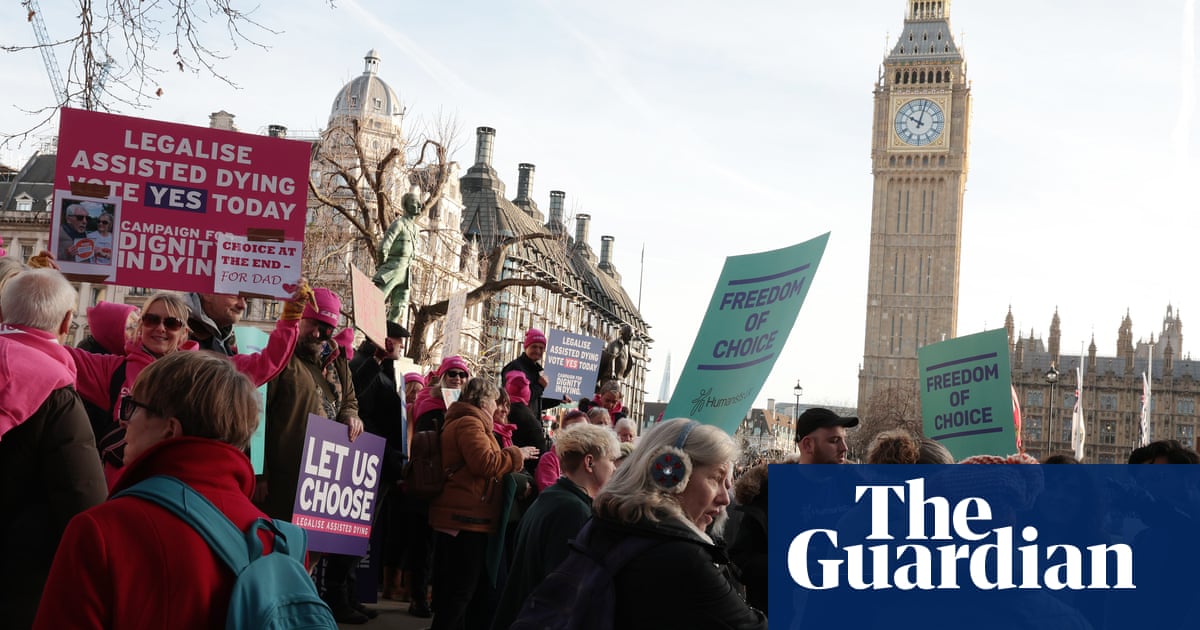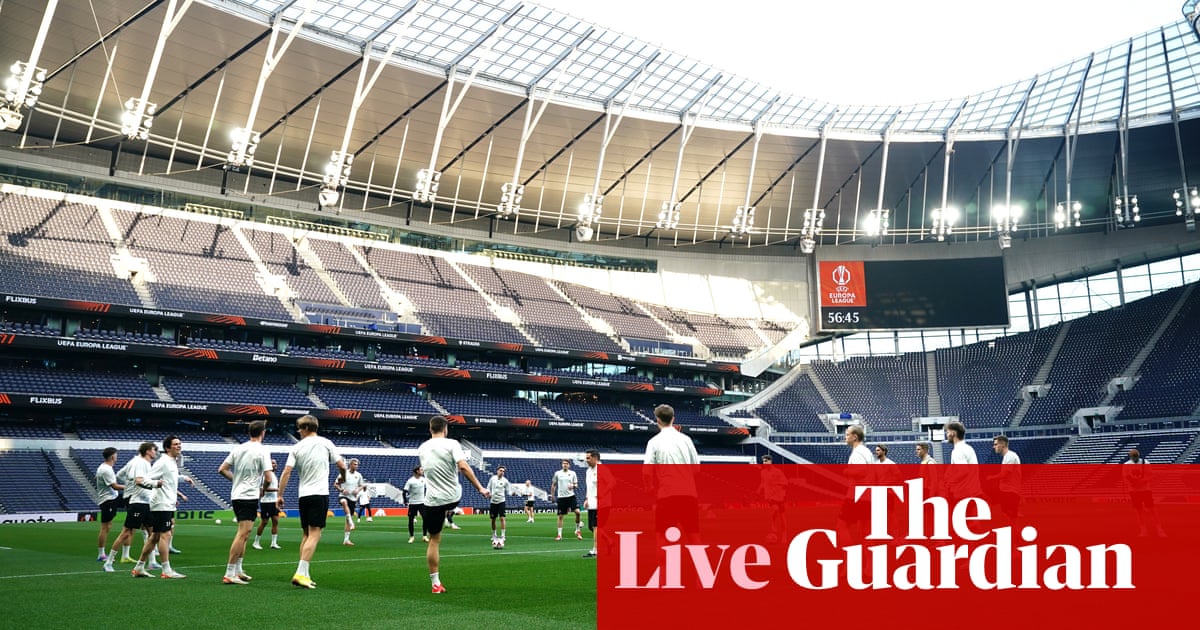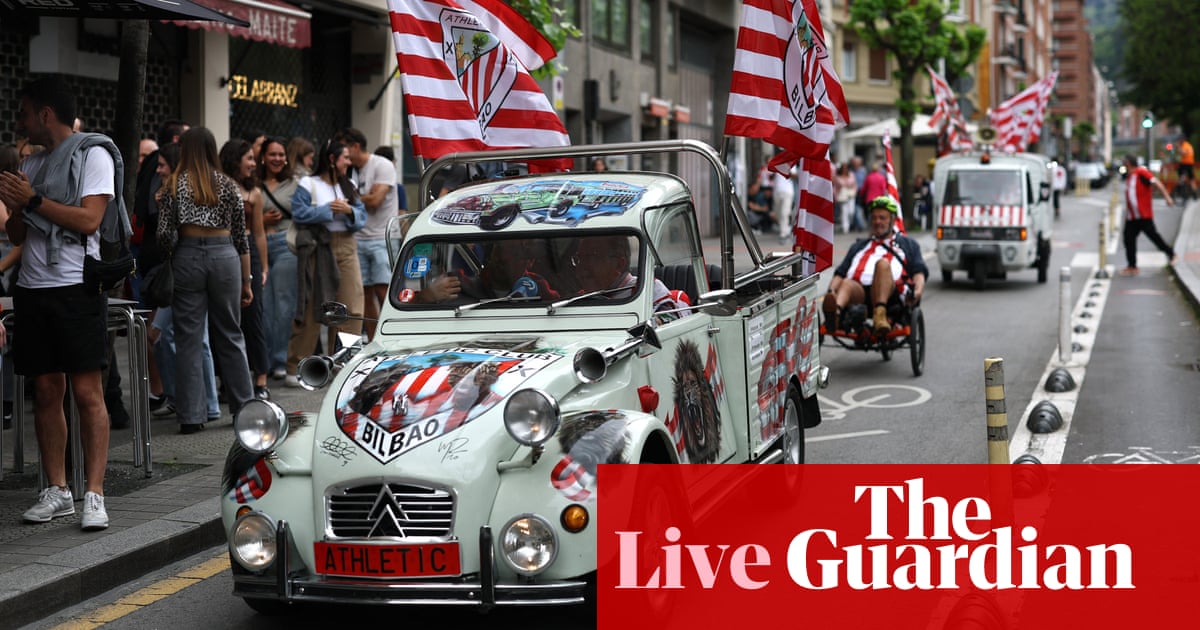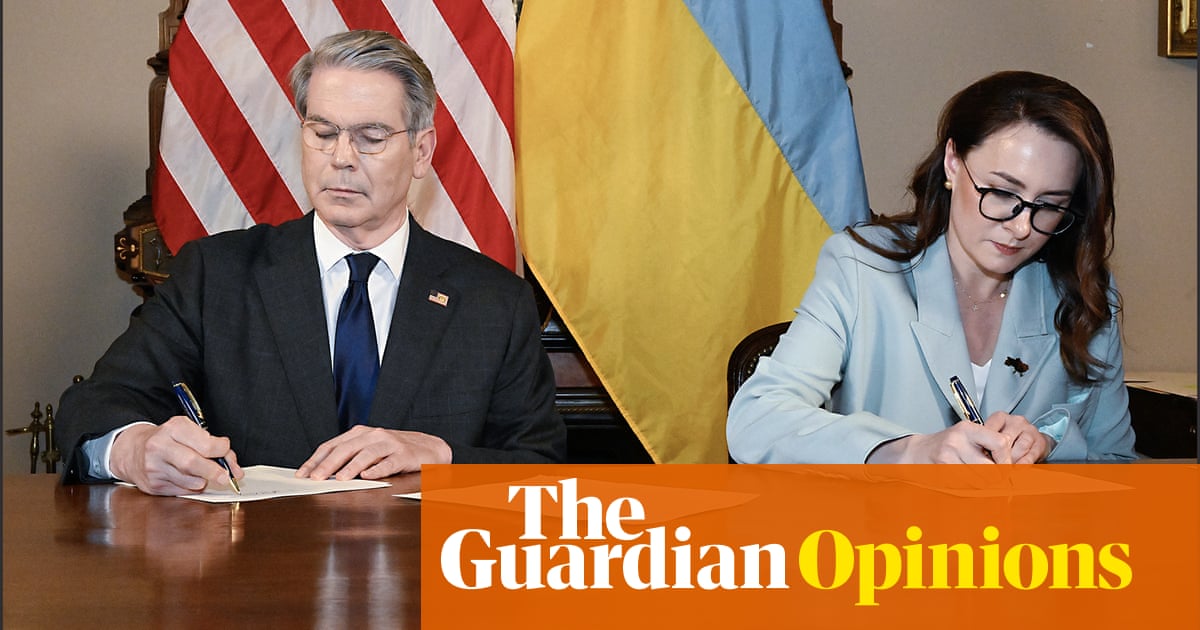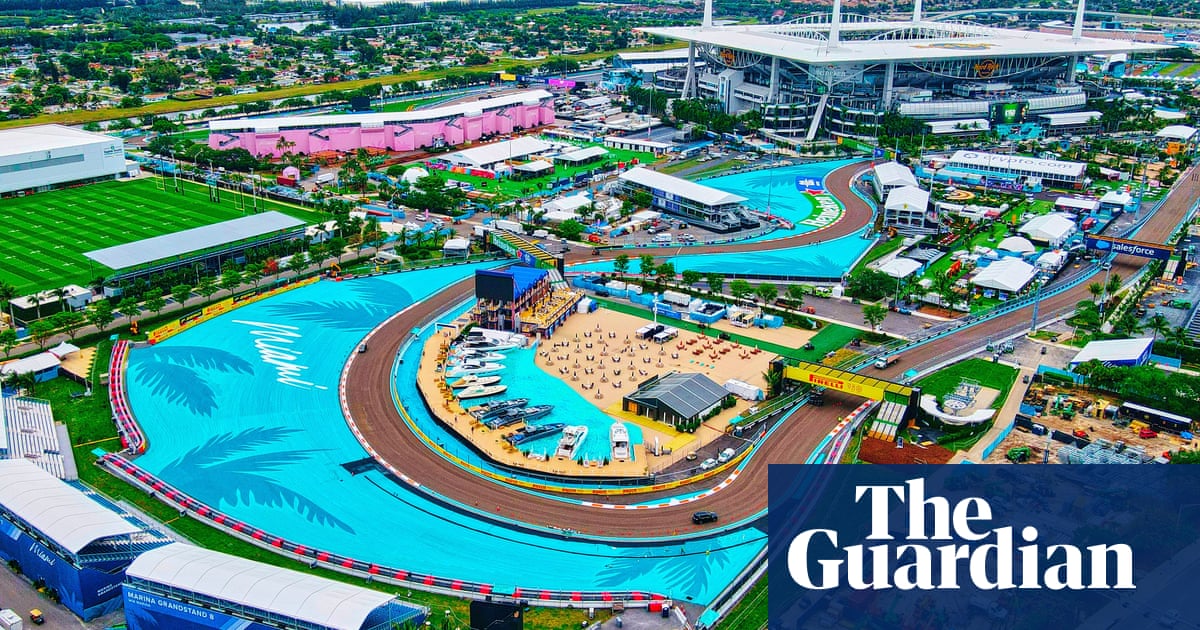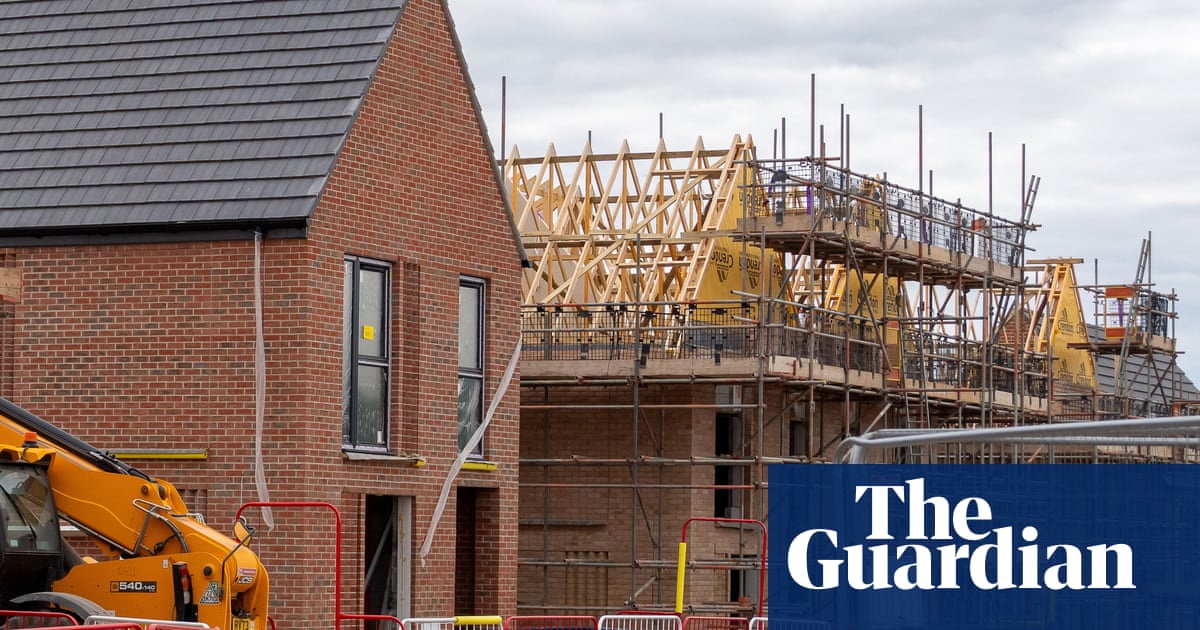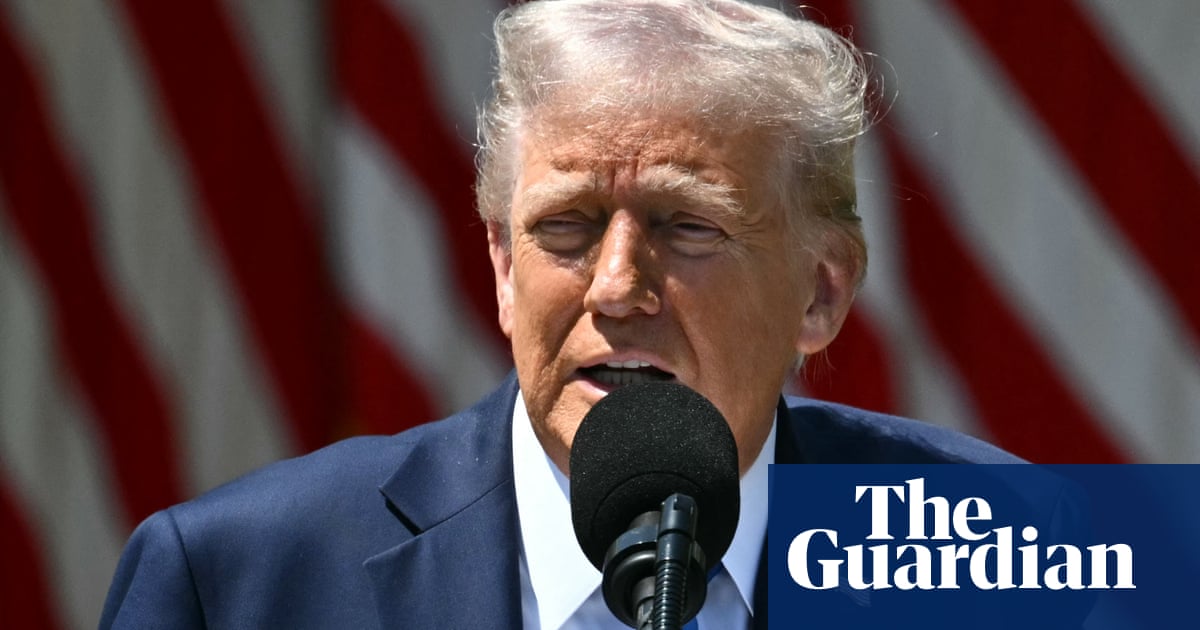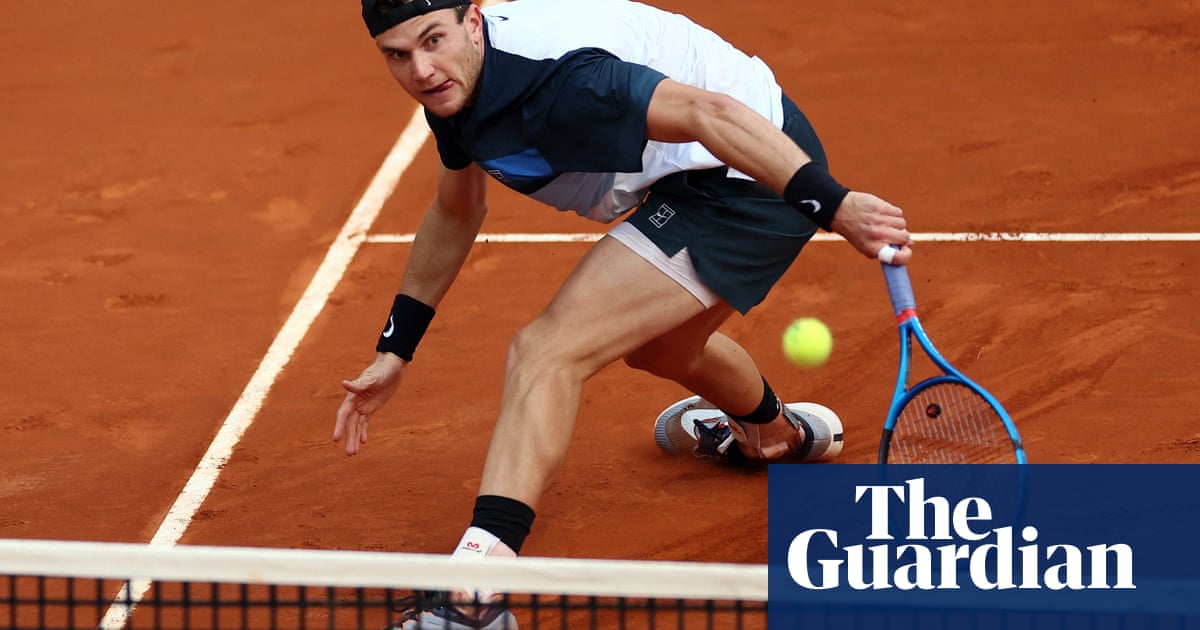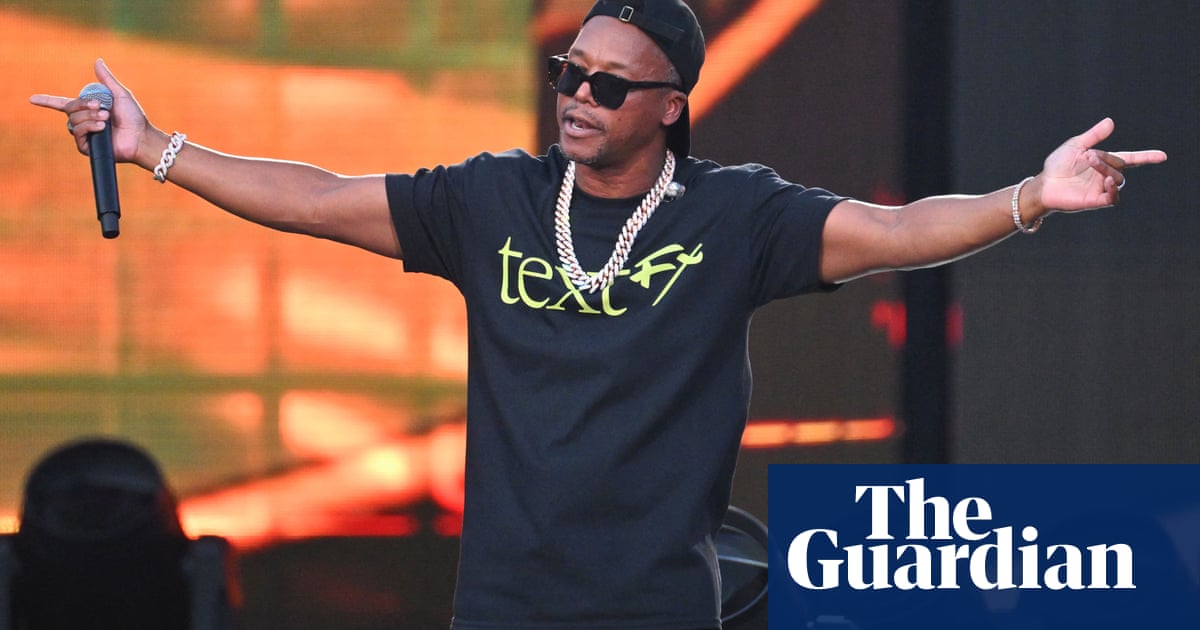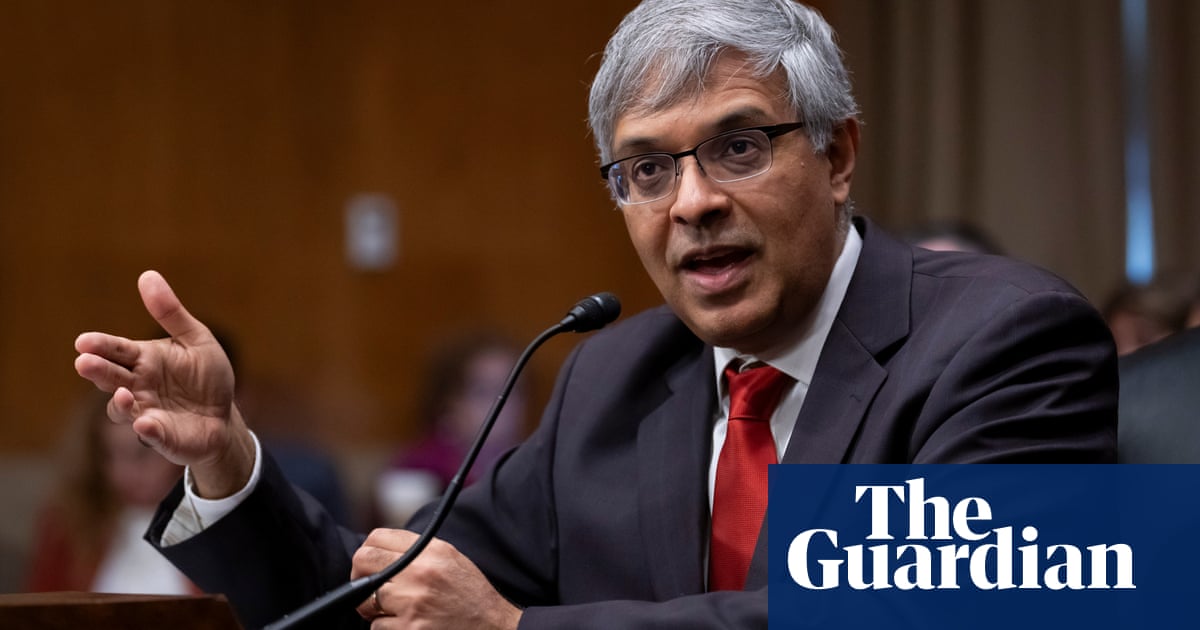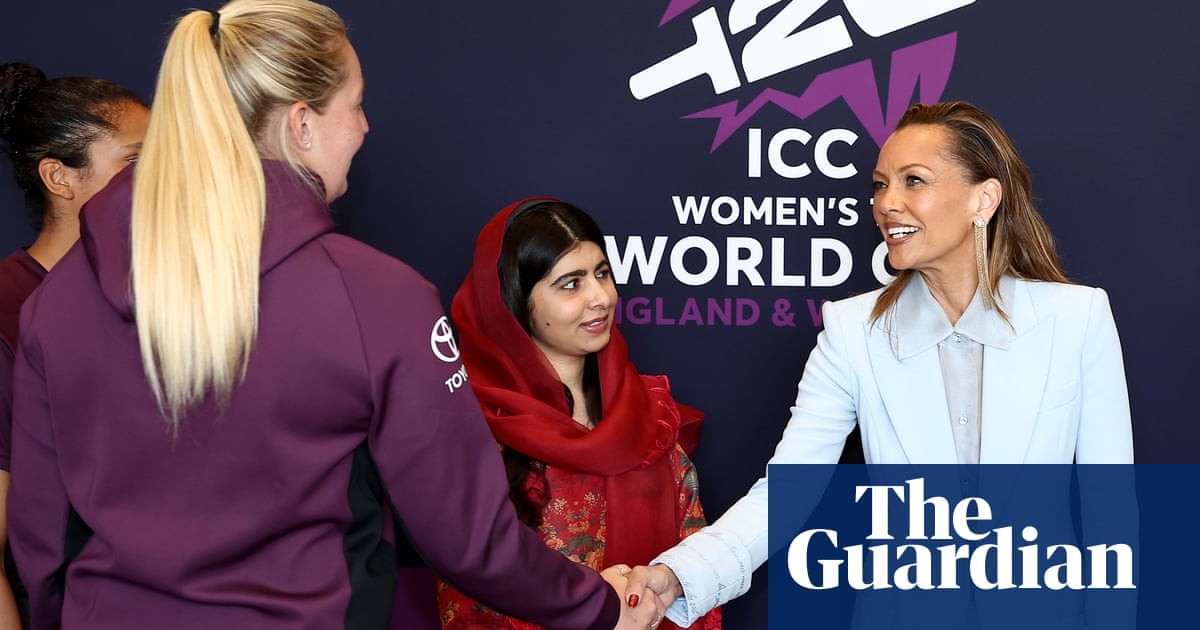‘Gold, like our club,” says Vítor Pereira, pointing towards his glass of Asahi. “This is the colour.” The charismatic Wolverhampton Wanderers head coach has just taken a sip of beer and something of a breather halfway through an hour-long conversation at the Inn at Shipley, a pub on the outskirts of the city, taking in everything from his days as a lifeguard in his hometown of Espinho, a fishing village south of Porto, to almost becoming Everton manager – on three occasions. He claims he once had job offers from Arsenal, before Mikel Arteta was appointed, Crystal Palace and Wolves’ arch-rivals West Brom, too.
This is his first visit to this watering hole but the perfect setting given Pereira’s “first the points, then the pints” mantra that has led to him celebrating wins by mingling with supporters in the local Wetherspoons and a fans’ group to launch a lager and IPA decorated with the slogan. There is only one place to start: joining supporters to drink in victory.
“You need to be with the people because you need to see the smiles. When I go to a pub it’s not about the beer. Of course, I like the beer,” he grins, his go-to lager Stella Artois, “but I go to be with the people, to feel that I’m doing something to make them happy, to make them proud. This is my energy. I must go to a pub, because this is the culture.”
Wolves’s striking uplift since Pereira replaced Gary O’Neil in December – only Liverpool and Newcastle have recorded more Premier League wins in that time – means there has been plenty of cause for celebration. “I think if I wasn’t a manager, I would be something like an architect. I like to create. Every time that I go to a club, it’s like I take a baby in my arms. And I start to help them grow. It’s like I start a new painting. This is football, it has given me the chance to express my creativity. If I didn’t do this, I would maybe be a painter … maybe I should work in art.”
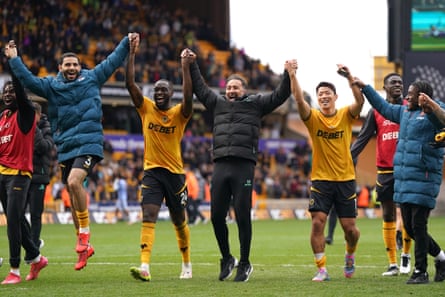
The 56-year-old exudes cool but is frank when discussing the pains of management, the personal sacrifices. “The last 15 years, my wife has been the father and the mother,” he says, alluding to time away from his three sons, each in their 20s, while working across the globe, including in China, Greece, Turkey and Saudi Arabia. “I didn’t see anything. Birthdays, graduations … I have never been there. Never. I don’t want this life for my sons. We have a lot of moments where we suffer a lot. And alone. I think we are always in a pre-depression. I believe that the moments of my life gave me the opportunity to be stronger.”
Which moments? He tells a story of when he met the press while coaching in Brazil. “They asked me: ‘Vítor, you don’t feel the pressure?’ The pressure, my friend. I’ll tell you about the pressure. The pressure was when my father had cancer, my brother was dying, my mother was crying. And when we deal with this; football is football. I don’t feel any pressure. Nothing. Zero. The pressure is the pressure that I put on myself. Because I want to be better. And better and better and better. If I’m in the right place to challenge myself, I can do magic. Believe me.”
Life on the road has created challenges, some more trivial than others. “Sometimes I go home, and it’s like: ‘Where are my clothes?’ I don’t know where to find the knives and forks. I change house, cars every time. [My family] will start to talk when we have lunch or dinner, and my mind is on football. Sometimes I cannot understand the conversation. It’s like I started to see the movie … but I lose the movie until the end. I get to the end and I don’t know what happened.”
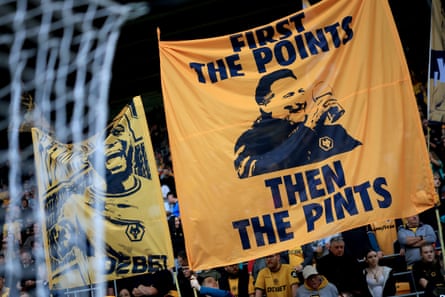
He is engrossed on a matchday. “Sometimes when I’m in the game it’s like I’m playing PlayStation. You must be in a game mode. That’s why I say to my players: ‘I’m playing.’ You are always [trying to be] one second in advance, to anticipate what will happen. That’s why sometimes I don’t see the goals. And a lot of times I say to them: ‘The warm-up is not physical. It’s mental.’ I’m here in the dressing room, but I’m playing. I started the game before you. Because mentally, I’m prepared to be strong. That’s why, when we conceded the goal against Fulham in the beginning of the second half, for me it was …” he says, throwing a pretend dagger to the heart as he recalls the 2-1 home defeat in February.
Wolves trailed relegated Leicester by five points when Pereira took the reins yet with four games to play, the first at Manchester City on Friday, they could feasibly finish mid-table. Wolves have won six consecutive top-flight games for the first time since 1970. The January signings of Emmanuel Agbadou and Marshall Munetsi have contributed to the feelgood factor but Wolves are braced for another summer of change with Matheus Cunha poised to depart and the captain Nelson Semedo’s contract expiring, 12 months after Pedro Neto and Maximilian Kilman were sold. Pereira appears relaxed but makes his point. “We don’t need millions and millions – we need to have intelligence. We can’t waste money if we don’t have a lot [to spend].”
after newsletter promotion
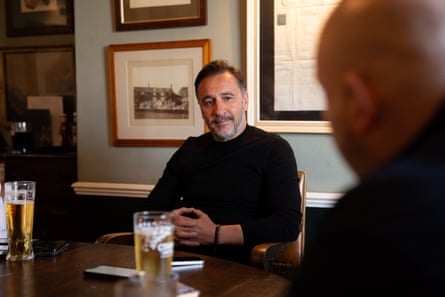
Pereira was a PE teacher for 15 years but as an 18-year-old he worked as a lifeguard on Saturdays on the stretch of sand he will always call home. “My father didn’t have money so we lived in a ‘cave’ – underground. In the winter the sea was really strong and there were no barriers. Every winter, for three months, water came inside. We had to rebuild the house. Every time water came in the walls, and there would be a bad smell. I felt ashamed because my clothes [would] smell. But I was a very happy teenager because in this kind of community we had our guys. When I look back, this power I feel inside of me came from this time.”
He acknowledges he is living his dream. “I knew since the beginning that I wanted to be a manager. Sometimes we don’t know: ‘I like this, I like that.’ For me, it was very easy: I want to be a coach. After that, I want to be a coach in the Premier League in Portugal. After that, I want to win the league in Portugal. OK. After that, I want to win leagues outside the country. OK. I want to go to the Premier League. These are the targets.” What’s next? “You’ll see,” he replies. For Pereira, survival alone is insufficient. “I didn’t come to England just to avoid relegation.”
Pereira emits the air of someone easily pleased. “I’m a man of the sea,” he says, smiling. “I grew up on the beach. My house was 50 metres from the beach. My friends are the people [I met there] 50 years ago. They are my friends, all of them. I go there and I feel like I’m home: ‘I belong here, this is my space.’ In front of the sea, with my beer, my paper and a pen. This is what I like.”

 4 hours ago
6
4 hours ago
6

